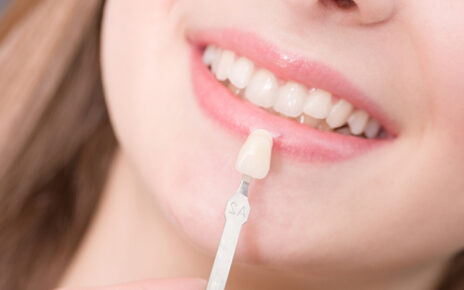You want the best for your child, and that includes their dental health. Early dental visits can lay the groundwork for a lifetime of healthy smiles. Taking your child to the dentist in Harker Heights at an early age is essential. By doing so, you introduce them to a friendly environment where they learn about caring for their teeth. These visits help spot any potential issues before they become serious problems. Regular check-ups also reinforce the importance of oral hygiene, making it a natural part of their routine. Children who start visiting the dentist early often feel more comfortable during appointments and develop positive attitudes toward dental care. Establishing this habit not only protects their teeth but also boosts their confidence. Early dental visits are a simple yet powerful step to ensure your child’s well-being. Prioritize their dental health now, and you safeguard their future happiness.
Why Early Dental Visits Matter
Early dental visits create a foundation for lifelong oral health. By the age of one, children should have their first dental visit. This advice comes from the American Academy of Pediatric Dentistry. You can find more information on their guidelines here. These visits serve multiple purposes. First, they monitor the development of your child’s teeth. Second, they provide guidance on proper brushing techniques. Third, they educate parents on dietary impacts on dental health. All these factors contribute to preventing cavities and gum disease.
Preventing Common Dental Issues
Cavities are the most common chronic disease among children. They are five times more common than asthma. Early dental visits help reduce the risk of cavities through regular cleanings and fluoride treatments. Dentists also check for early signs of gum disease and misalignment. Early intervention can correct these issues before they become significant problems.
Table: Benefits of Early Dental Visits
| Benefit | Description |
|---|---|
| Early Detection | Identify problems before they worsen |
| Education | Teach children and parents about oral care |
| Comfort | Reduce fear of dental visits over time |
| Prevention | Mitigate risk of cavities and gum disease |
Building a Positive Relationship with the Dentist
Children who start dental visits early often develop a positive view of dental care. Regular visits make the experience routine and less intimidating. Kids learn that the dentist is a friend who helps them keep their smiles bright. Positive experiences during these early visits can influence their attitudes throughout adolescence and adulthood.
Parental Involvement and Education
Parents play a crucial role in their child’s oral health. During dental visits, dentists educate parents about nutritional choices that affect teeth. They also provide tips on helping kids brush effectively. Such knowledge empowers you to support your child’s dental health at home. Consistent care can prevent many dental issues from occurring.
Financial Benefits of Early Visits
Investing in early dental care can save money long-term. Preventative measures reduce the need for costly treatments later. Addressing minor issues early avoids the development of serious conditions. Regular visits help maintain oral health, preventing emergencies that lead to expensive procedures.
Resources for Parents
Parents can access a wealth of resources to support their child’s dental health. The Centers for Disease Control and Prevention provides excellent guidance on children’s dental care, which you can explore here. These resources offer tips on brushing, flossing, and understanding the importance of dental visits.
Conclusion
Starting dental visits early is crucial for your child’s health and confidence. By visiting the dentist regularly, you ensure that their teeth develop properly. You also teach them the importance of oral hygiene. These habits can last a lifetime, keeping their smiles healthy and bright. Make dental visits a priority. This simple step supports their overall well-being and sets them up for a healthy future.





